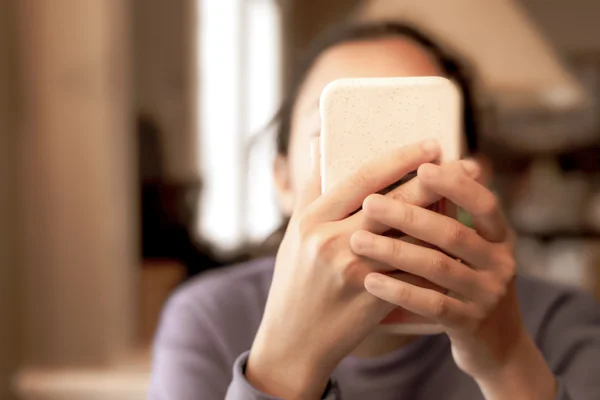In the age of digital mental health apps, the role of psychiatrists is not vanishing. Instead, it’s evolving. Denton Spravato, a pioneer in mental health treatment, reminds us that while apps can support mental wellness, they do not replace professional care. Psychiatrists bring expertise, empathy, and a human touch that apps cannot. They help interpret data, provide personalized treatment, and are crucial for complex cases. This blend of human skill and technology offers a promising future for mental health care.
Understanding the Role of Psychiatrists
Psychiatrists are medical doctors who specialize in mental health. They diagnose and treat mental illnesses. Unlike apps, psychiatrists can provide a comprehensive assessment. They consider medical history, environmental factors, and personal circumstances. This enables them to create a treatment plan that suits the individual.
Psychiatrists also provide therapy and prescribe medications. They monitor progress and adjust treatments as needed. Their training allows them to understand complex mental health issues. They identify when a situation requires more than an app’s capabilities.
Where Apps Fit In
Mental health apps offer several benefits. They provide accessibility, convenience, and anonymity. Many apps focus on meditation, habit tracking, or cognitive behavioral techniques. They can be a good starting point for those exploring mental health support.
However, apps have limitations. They cannot provide a complete diagnosis or handle severe mental health issues. Apps work best when used alongside professional guidance. A psychiatrist can recommend apps that complement treatment. This ensures that the app supports rather than replaces care.

Comparing Psychiatrists and Apps
| Feature | Psychiatrists | Apps |
| Diagnosis | Comprehensive and personalized | Limited and generalized |
| Treatment | Medication and therapy | Meditation and habit tracking |
| Monitoring | Continuous and adaptive | Static and self-reported |
The Importance of Human Interaction
The human connection that psychiatrists provide is irreplaceable. Apps can deliver data and reminders, but they cannot offer genuine understanding. Empathy is a vital component of mental health care. It fosters trust and encourages open communication.
Psychiatrists offer tailored interventions based on conversations and observations. They adapt to changes in a patient’s life, which an app cannot detect. The National Institute of Mental Health supports the use of personalized therapy, an area where psychiatrists excel.
Future of Mental Health Care
As technology advances, the partnership between psychiatrists and apps will likely strengthen. Apps may become more sophisticated, offering better support. However, the need for human expertise will remain. Psychiatrists will continue to play a key role in integrating technology into treatment plans.
The goal is to combine the strengths of both psychiatrists and apps. This ensures a holistic approach to mental health care. The future looks bright with this combination, offering accessible and effective support for everyone.
In conclusion, while digital mental health apps provide valuable tools, they do not replace the expertise of psychiatrists. By working together, we can enhance mental health care and support more people in their journey to wellness. For more information about mental health treatments, visit MentalHealth.gov.

